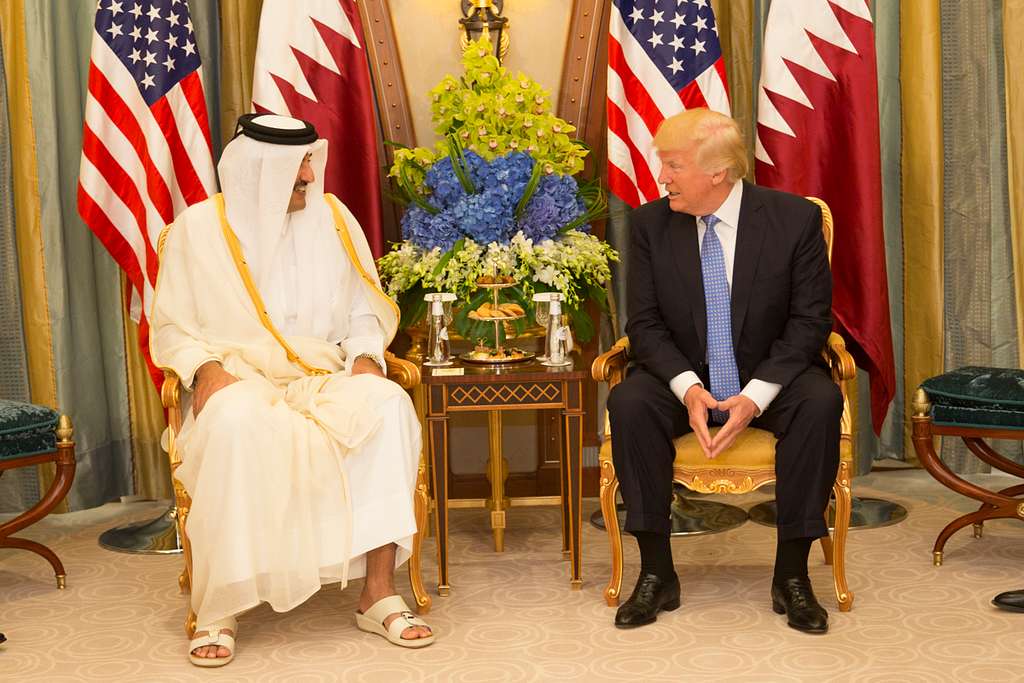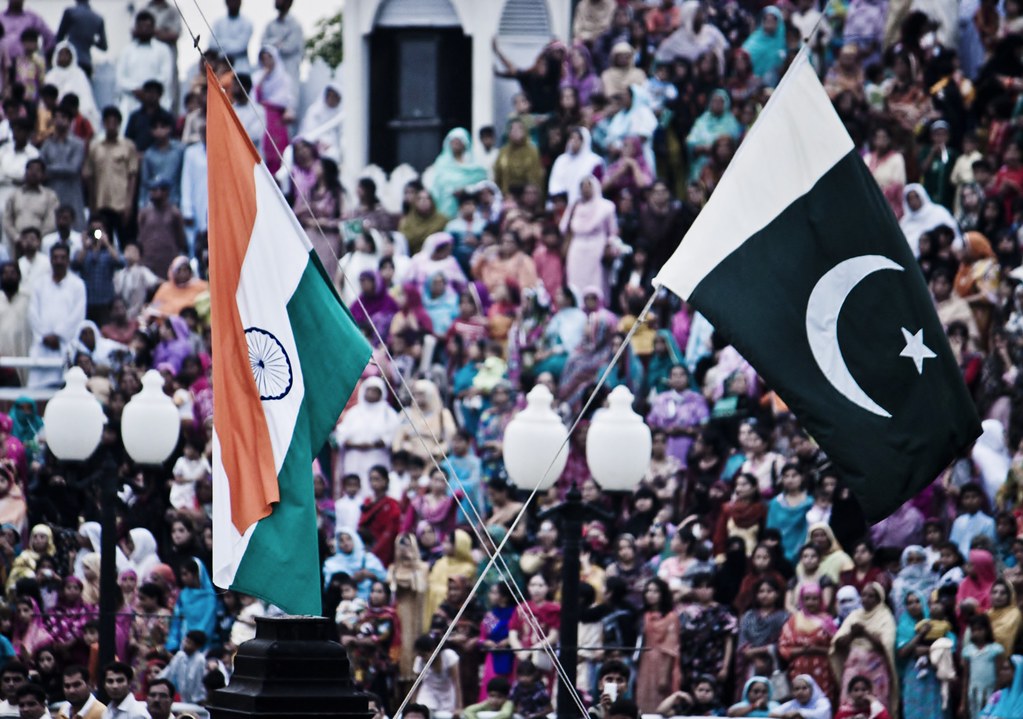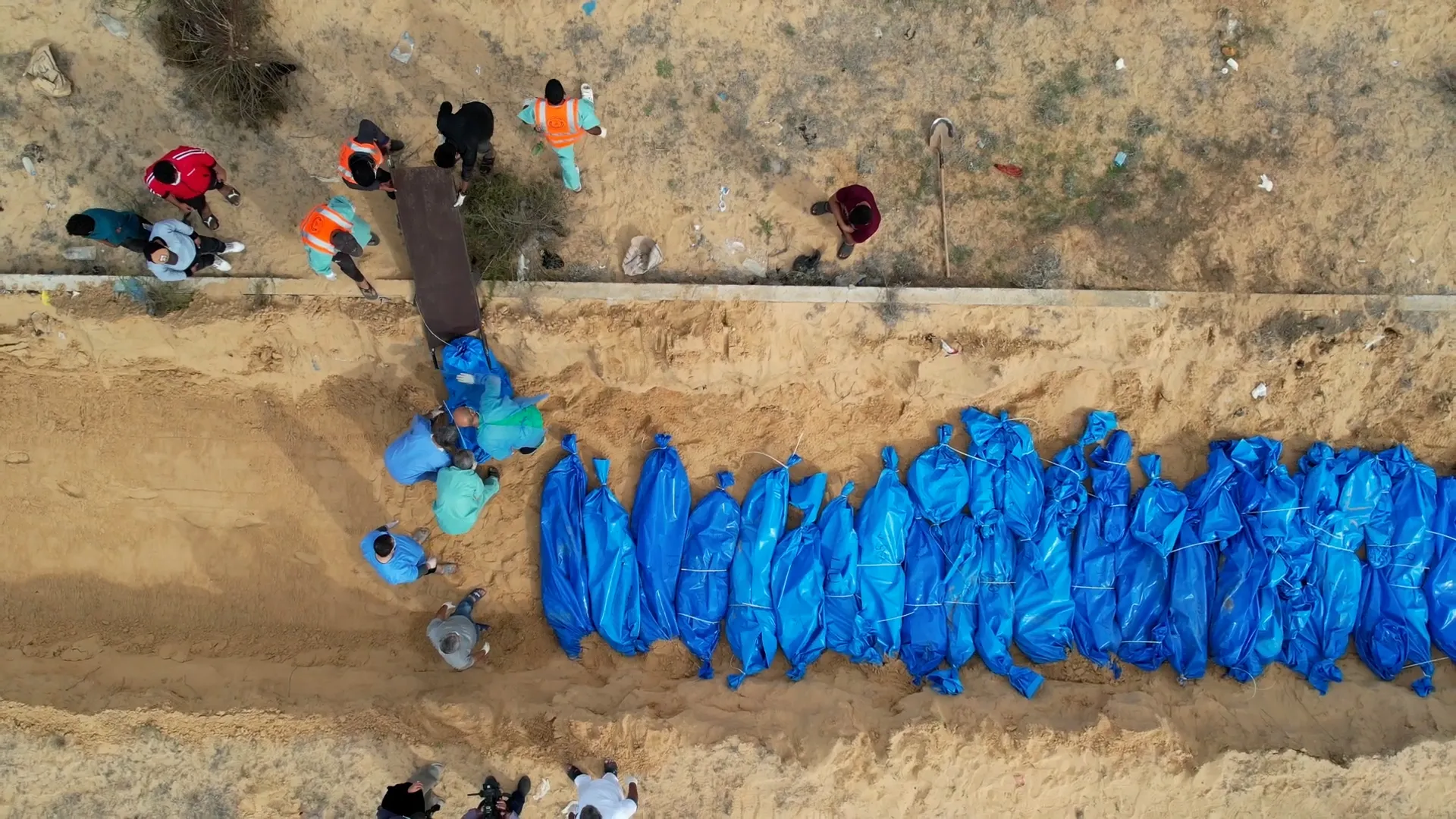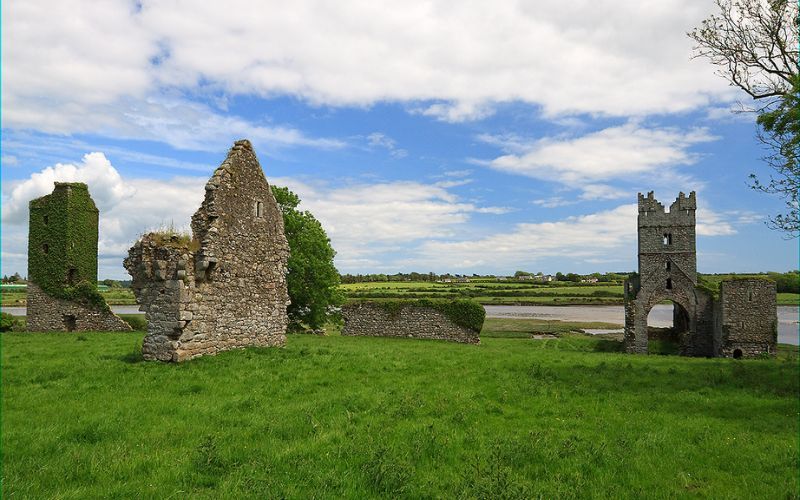From Mahmoud Khalil to the Tesla Boycott, Trump Is Dismantling Free Speech One Enemy at a Time
When ICE agents stormed into Mahmoud Khalil’s New York apartment in the early hours of March 8, there was no warrant, no criminal charges, no due process. Just a name, an executive order, and the machinery of a government that had decided a Palestinian student’s activism had crossed an invisible line.
Khalil, a recent Columbia graduate and respected voice within the Gaza Solidarity Encampment, now faces deportation from the country he legally resides in, his fate decided by the political whims of the Trump regime. His crime? Publicly criticizing Israel’s war on Gaza and participating in a student movement demanding divestment from the occupation.
April 11, Khalil’s deportation has been confirmed by an immigration judge. The mythical checks and balances of American democracy failing to enter reality once again.
Just days after Khalil’s arrest, in an entirely separate flashpoint, President Donald Trump declared that boycotts of Tesla were “illegal”, blasting the protests as sabotage orchestrated by “Radical Left Lunatics.” He then pledged to buy a Tesla himself, turning a corporate loyalty test into a matter of national loyalty.
Two events. One ideology. A presidency turning its full weight against the constitutional order.
A Targeted Arrest, a Global Message
Khalil’s detention was not just about one man. It was a signal. A warning to pro-Palestinian activists across America – especially those who are immigrants, foreign nationals, or people of color – that dissent would be punished.
Under Trump’s executive order targeting “campus antisemitism,” any protest that challenges Israeli state violence can now be classified as a hate crime. The language is vague enough to catch anyone in its net, and specific enough in practice to be used almost exclusively against Palestinians and their allies.
Khalil is the first high-profile casualty of that order, but not the last. ICE has reportedly opened investigations into dozens of student organizers, legal residents, and visa-holders, accusing them of links to “extremist ideologies” – a phrase never clearly defined but routinely applied to those speaking up for Palestinian rights.
The regime had refused to release evidence justifying Khalil’s detention, leaning on broad “national security” powers. As the case entered it’s final stages, no evidence had still been produced, and the judge made the decision to deport Mahmoud Khalil on the vague idea of national security.
Legal observers say the real message is simple: If you criticize our allies or our wars, you are no longer protected by the Constitution.
Boycotting Is Free Speech. Unless It’s Against Elon Musk
As Mahmoud Khalil awaited a court hearing, a separate free speech battle unfolded –this time in the economy, where protestors launched a boycott of Tesla over Elon Musk’s increasingly extreme political entanglements.
Musk, now serving as head of the Department of Government Efficiency (DOGE), a non-governmental agency, has spearheaded sweeping federal budget cuts, gutted regulatory agencies, and aligned himself closely with Trump’s most authoritarian proposals. His elevation from CEO to Cabinet-level advisor has turned Tesla into a symbol of tech-backed state power, earning the nickname ‘Swasticar’.
Protestors responded the way Americans always have – by organizing, speaking out, and boycotting. They rallied outside dealerships, flooded social media with images of burning Teslas (many symbolic), and launched online campaigns urging Americans to divest.
Then came Trump.
In a bizarre but revealing move, the president declared that the Tesla boycott was “illegal,” and framed it as an attack not on a company—but on America itself. He pledged to buy a Tesla in support of Musk and accused the protestors of trying to “destroy capitalism.”
Legal experts were quick to respond: boycotts are protected under the First Amendment. The Supreme Court has repeatedly affirmed this—from civil rights boycotts in the 1960s to modern consumer activism. It is not illegal to refuse to buy a product. It is not illegal to criticize a billionaire. It is not illegal to protest.
But it may soon be punished all the same.
Two Fronts, One War: The Death of Dissent
These are not disconnected events. Mahmoud Khalil’s deportation and the attack on the Tesla boycott are two fronts in the same political war: a war against dissent, against organized resistance, against any expression that challenges the power structure of Trump’s America.
Trump has repeatedly demonstrated that his administration believes freedom of speech is conditional. Protected if you’re a supporter. Criminal if you’re a critic.
Campus activism? Now branded as extremism.
Boycotts? Now called economic sabotage.
Immigrant speech? Now treated as a national security threat.
And this campaign of repression is being carried out through a legal sleight of hand: bypassing criminal law in favor of executive orders, immigration powers, and administrative intimidation. By using ICE instead of the FBI, and policy memos instead of congressional laws, Trump is dismantling rights without ever formally repealing them.
It is authoritarianism through paperwork. And it’s working.
The Broader Crackdown
Across the country, the trend is accelerating:
- Universities are being strong-armed into banning pro-Palestinian protests or face loss of federal funding.
- Student visas are being revoked, with ICE citing “political activity” as cause for removal.
- Media outlets critical of Trump’s policies are being denied press credentials at White House events.
The First Amendment still exists on paper. But the government is rapidly building a world where invoking it could be enough to get you fired, blacklisted, deported—or worse.
If this moment passes without resistance, the long arc of U.S. free speech protections may be broken beyond repair. Trump’s enemies are being criminalized, his critics smeared, and his loyalists placed at every level of enforcement—from federal agencies to university boards.
Mahmoud Khalil’s continued detention must be understood not just as a legal battle, but as a constitutional emergency. If he can be imprisoned for speaking out, if protest can be declared illegal by presidential tweet, if boycotts can be rebranded as “economic terrorism,” then the very foundation of American democracy is under siege.
This Is Not a Warning. It’s a Report
What we are witnessing is not a hypothetical future of repression. It is happening now, in the open, with official backing.
Trump has built a political machine that tolerates no opposition. He’s using the powers of the presidency not to govern – but to punish. His administration doesn’t merely oppose ideas. It arrests them. Detains them. Shuts them down.
And unless that’s called out for what it is – the systematic dismantling of constitutional democracy – then Mahmoud Khalil will be the first political prisoner of a new era.
But not the last.
Stay awake. Speak louder. The Constitution only protects those we’re willing to protect.
Author
Discover more from The Crustian Daily
Subscribe to get the latest posts sent to your email.














5 thoughts on “The First Amendment Is Dying in Public”